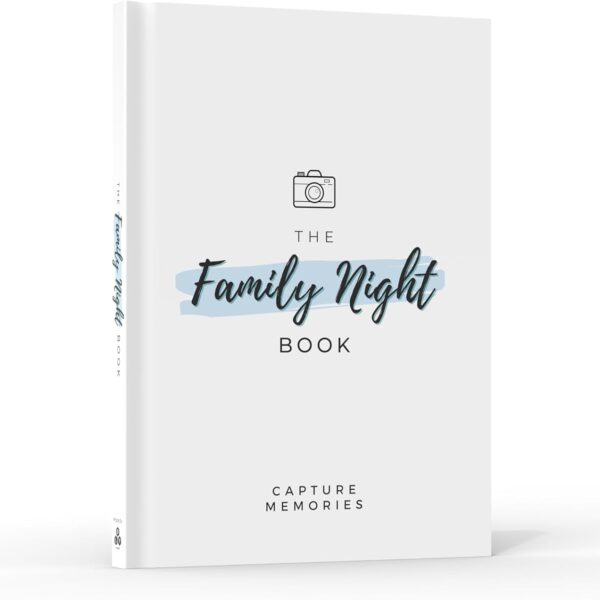

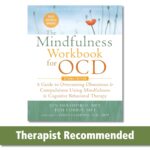

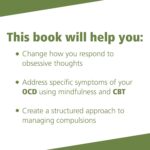

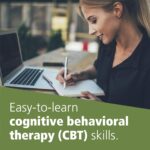
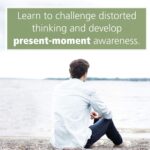
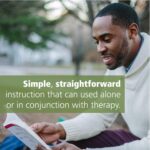
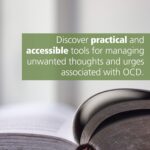
The Mindfulness Workbook for OCD: A Guide to Overcoming Obsessions and Compulsions Using Mindfulness and Cognitive Behavioral Therapy (New Harbinger Self-Help Workbook)
Apple Shopping Event
Hurry and get discounts up to 20% Read more
$24.95 Original price was: $24.95.$24.95Current price is: $24.95.
Authorities in our business will tell in no uncertain terms that Lorem Ipsum is that huge, huge no no to forswear forever. Not so fast, I'd say, there are some redeeming factors in favor of greeking text, as its use is merely the symptom of a worse problem to take into consideration.
Anyway, you still use Lorem Ipsum and rightly so, as it will always have a place in the web workers toolbox, as things happen, not always the way you like it, not always in the preferred order.
Product details
Made possible by exploring innovative molded plywood techniques, Iskos-Berlin’s Soft Edge Chair blends strong curves with extreme lightness to create a three-dimensionality not usually possible with 2-D plywood.
Description
Price: $24.95 - $20.35
(as of Mar 20, 2025 01:02:51 UTC – Details)
If you have obsessive-compulsive disorder (OCD), you might have an irrational fear of being contaminated by germs, or obsessively double-check things. You may even feel like a prisoner, trapped with your intrusive thoughts. And while OCD can have a devastating impact on your life, getting real help can be a challenge.
Combining mindfulness practices with cognitive-behavioral therapy (CBT), The Mindfulness Workbook for OCD offers practical and accessible tools for managing the unwanted thoughts and compulsive urges that are associated with OCD. With this workbook, you will develop present-moment awareness, learn to challenge your own distorted thinking, and stop treating thoughts as threats and feelings as facts.
This fully revised and updated second edition also includes new meditations, information, and chapters on emotional and mental contamination, existential obsessions, false memories, and more.
If you’re ready to take back your life back from OCD—and start living with more joy in the moment—this workbook has everything you need to get started right away.
From the Publisher








Publisher : New Harbinger Publications; Second edition (December 1, 2020)
Language : English
Paperback : 232 pages
ISBN-10 : 1684035635
ISBN-13 : 978-1684035632
Item Weight : 2.31 pounds
Dimensions : 8 x 0.51 x 10 inches
Customers say
Customers find the book provides useful information and exercises for OCD. They appreciate the easy-to-understand writing style and the authors’ understanding. The book integrates mindfulness with every type of OCD. Customers describe the book as an excellent workbook for clients with OCD, teaching them so much about OCD and the struggles they face. They find the language used helpful and express their feelings concisely. Many customers find the pacing engaging and interactive, breathing life into the complexities of the disorder. However, opinions differ on whether the CBT approach is helpful or not.
Customer Reviews
9 reviews for The Mindfulness Workbook for OCD: A Guide to Overcoming Obsessions and Compulsions Using Mindfulness and Cognitive Behavioral Therapy (New Harbinger Self-Help Workbook)
Clear filtersOnly logged in customers who have purchased this product may leave a review.


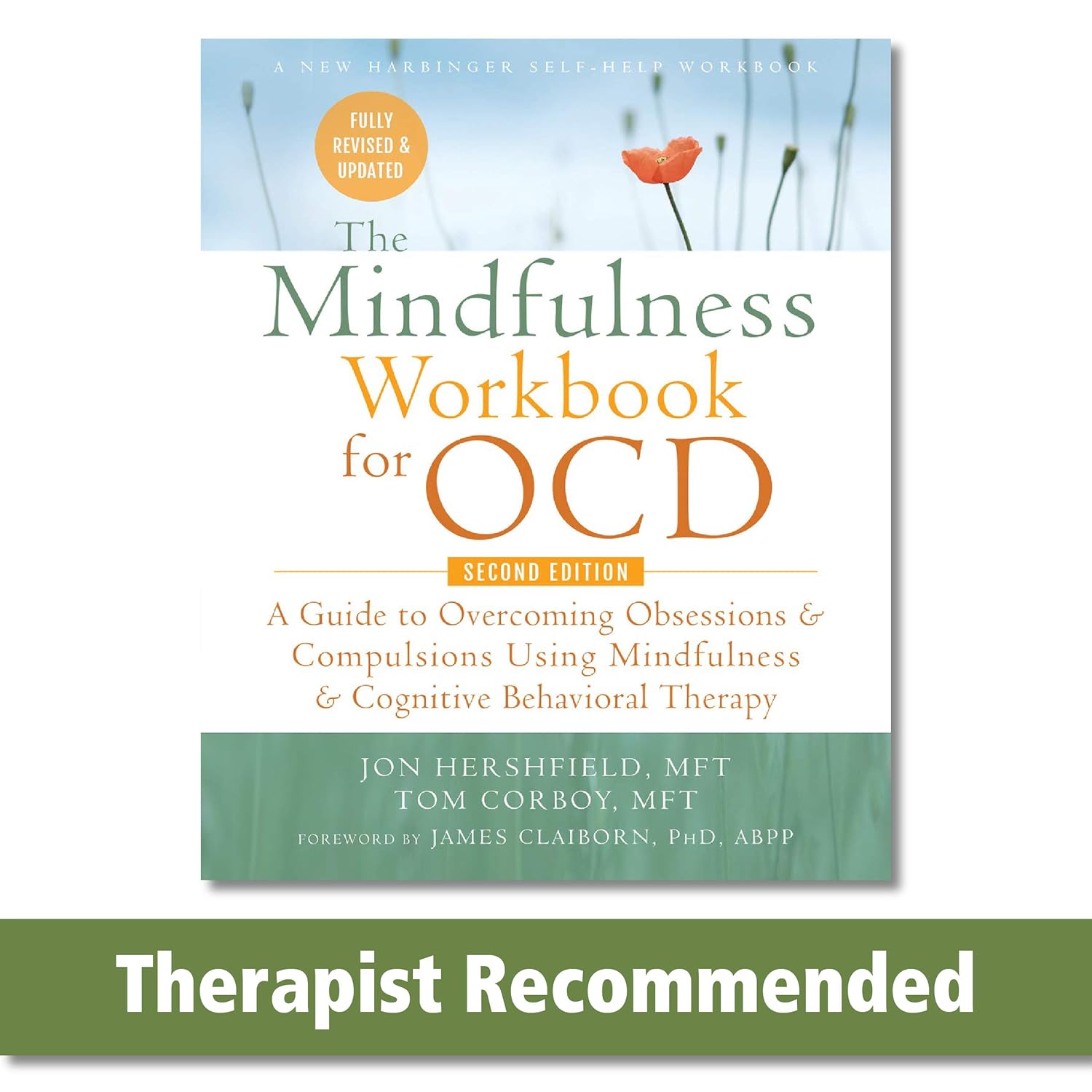

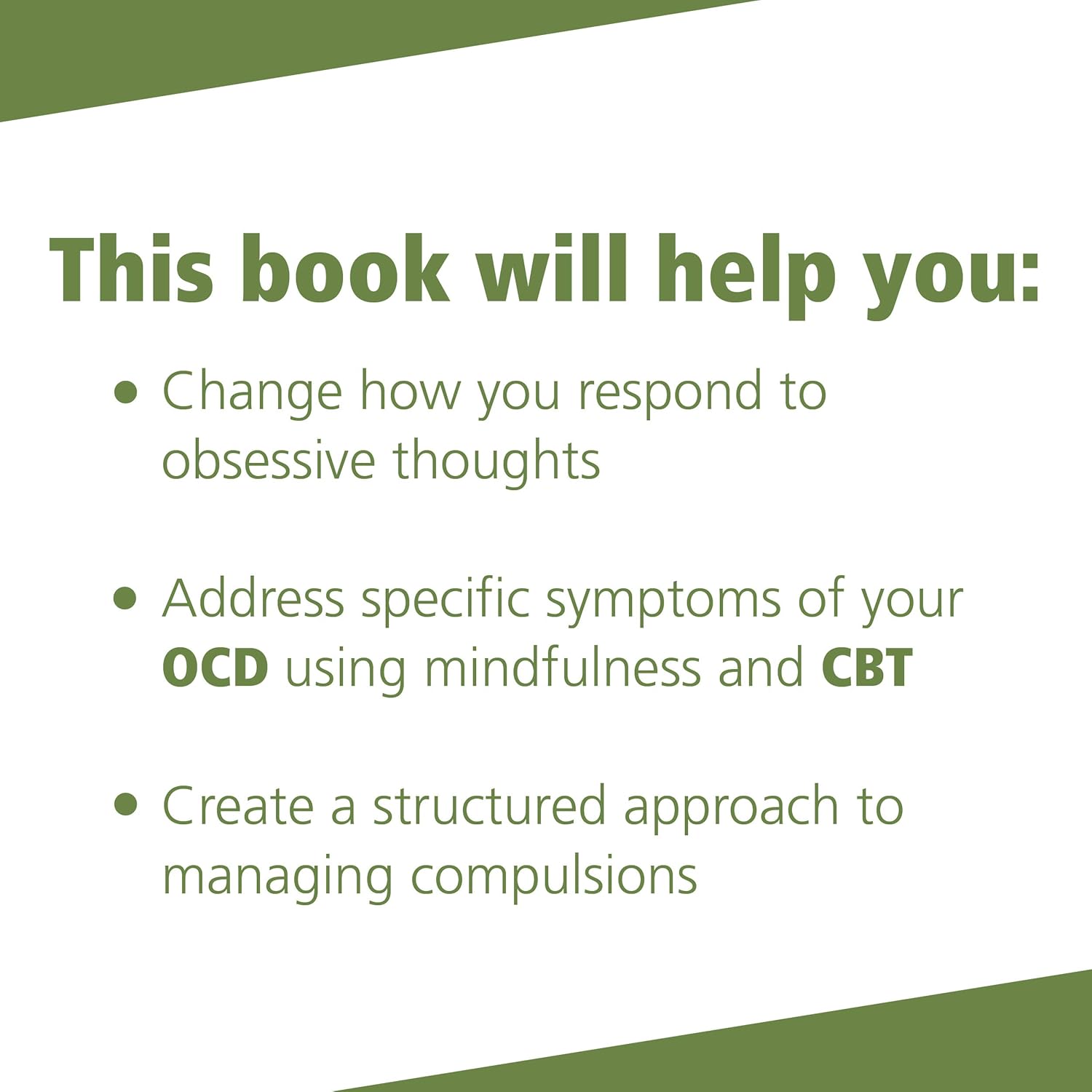
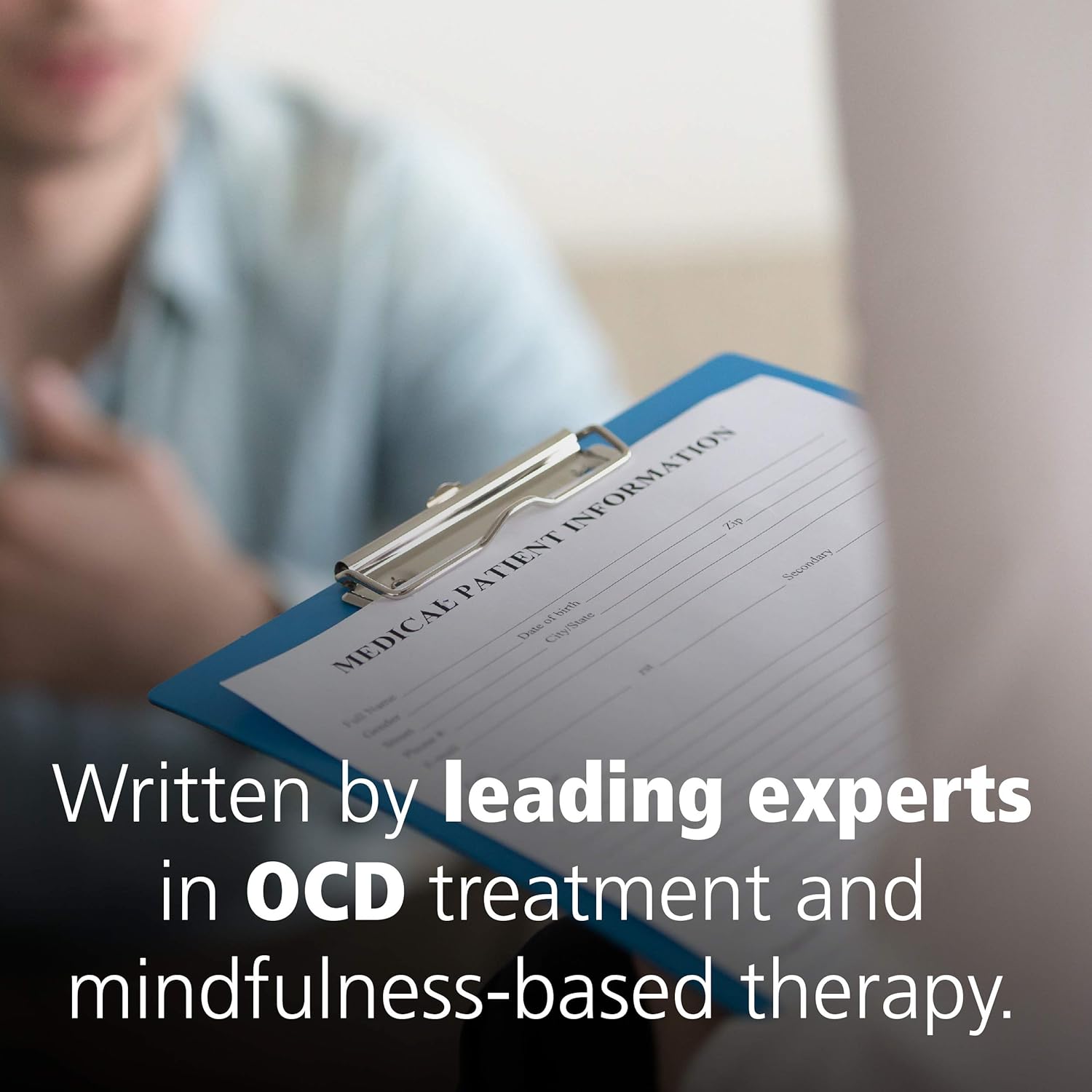
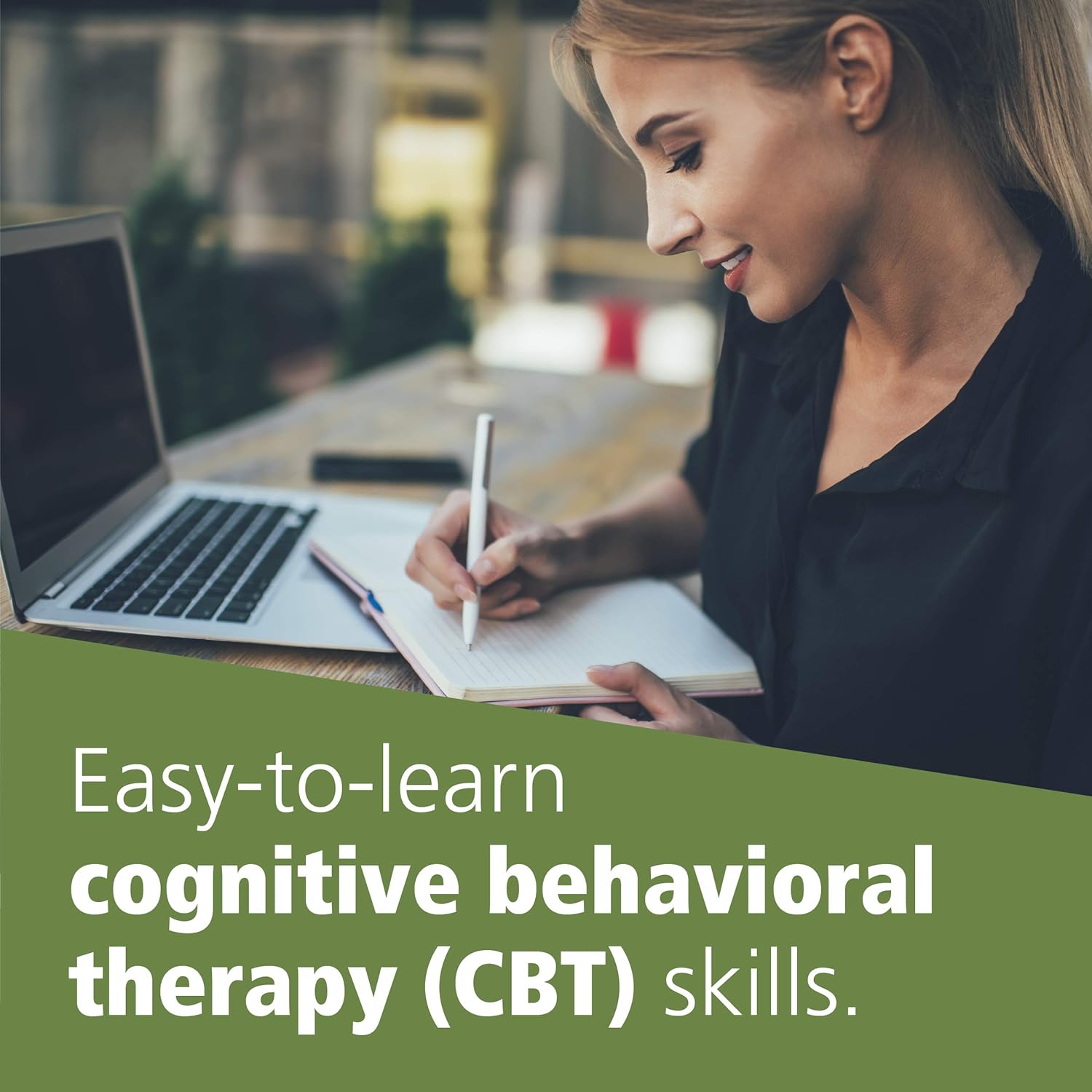
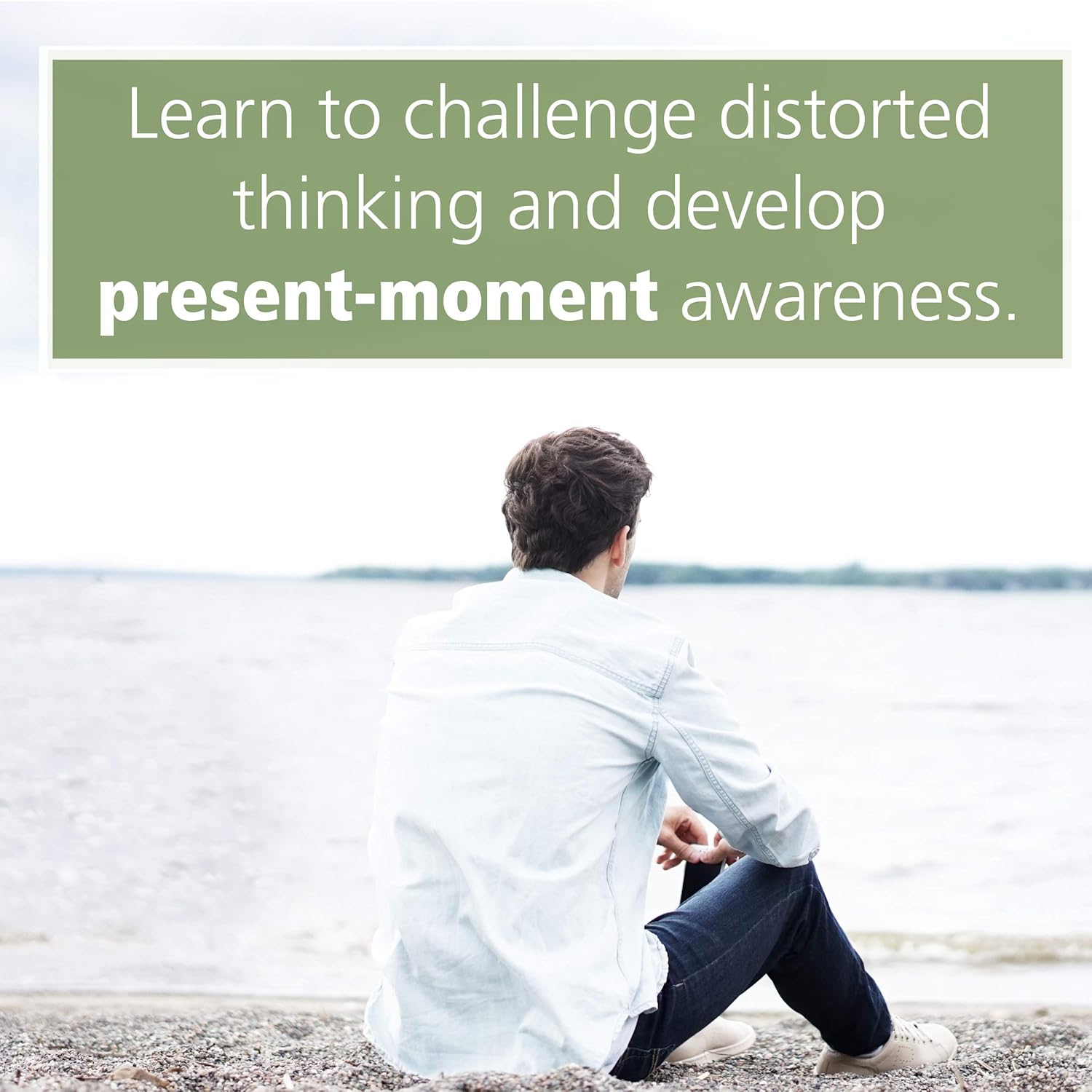
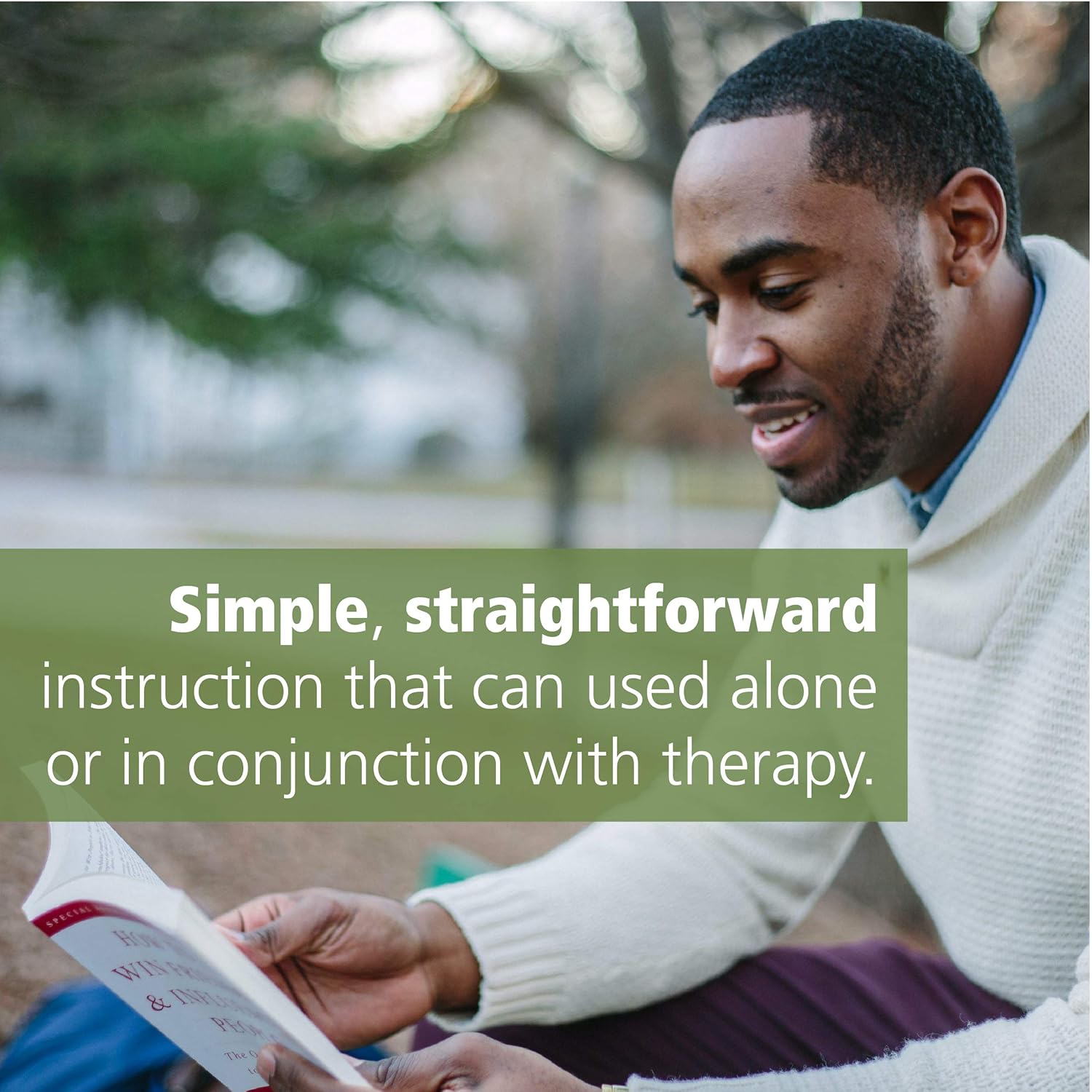
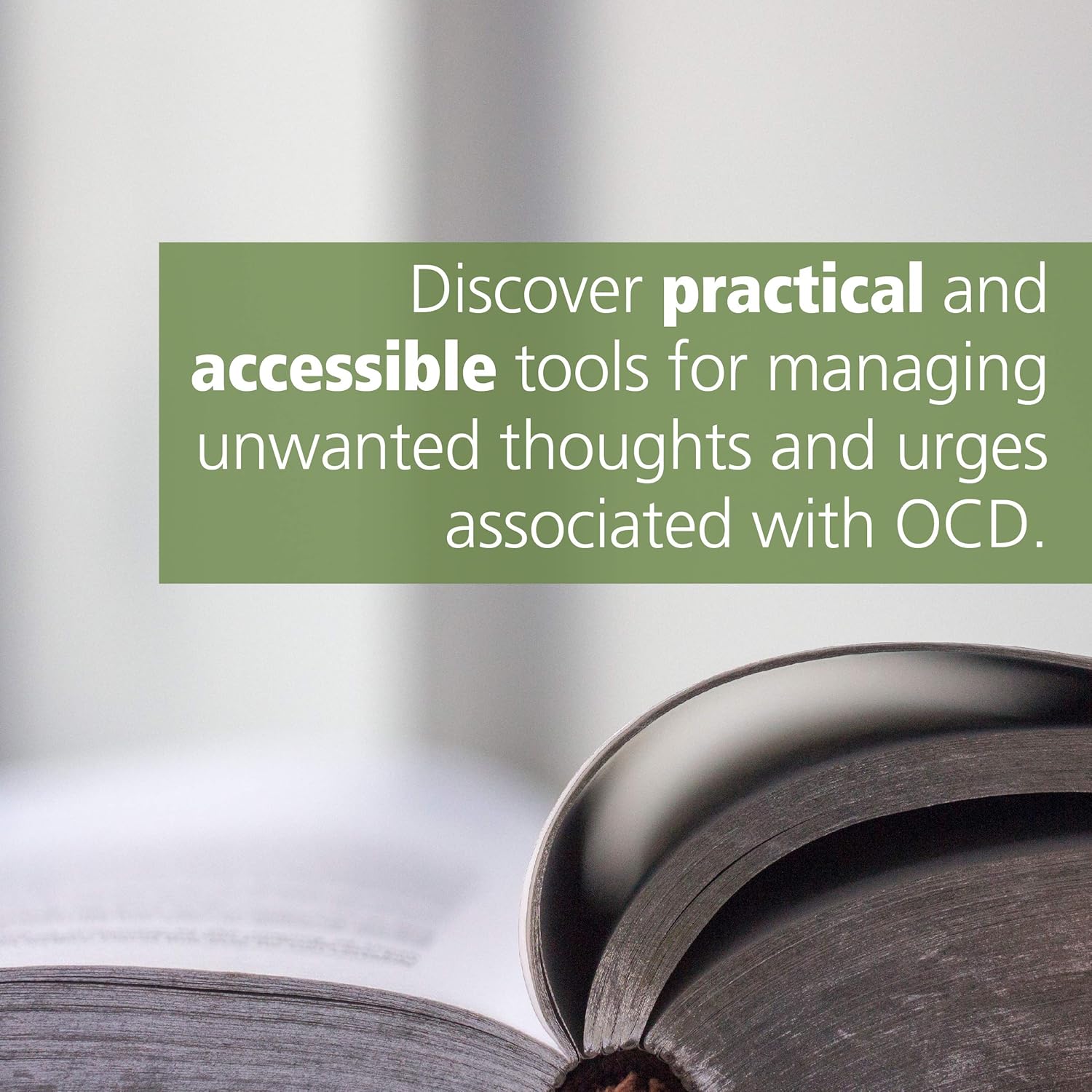


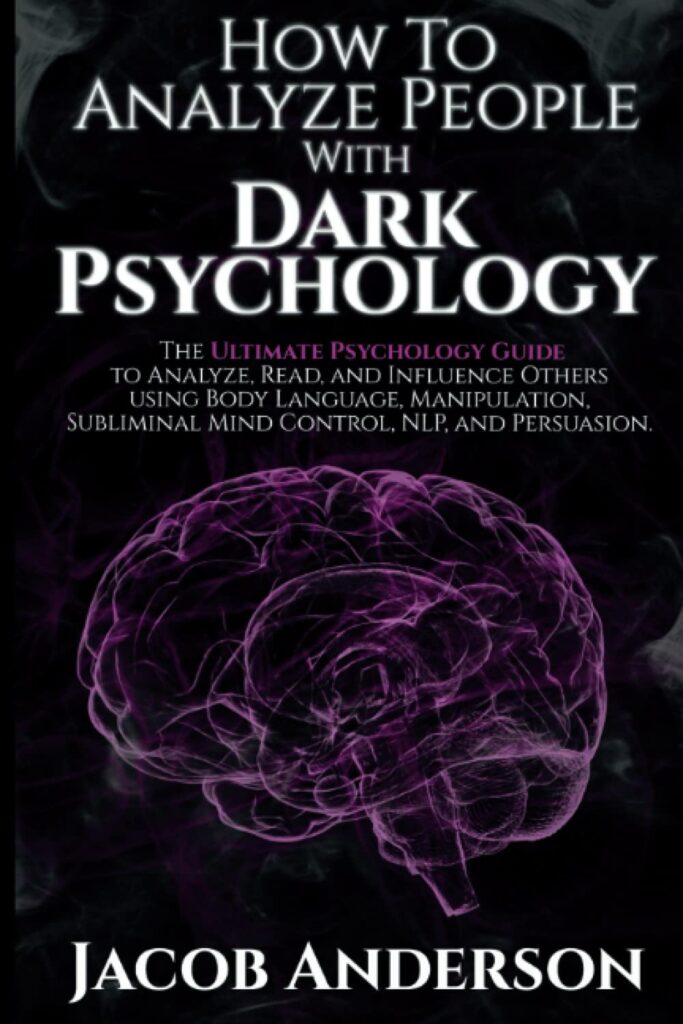


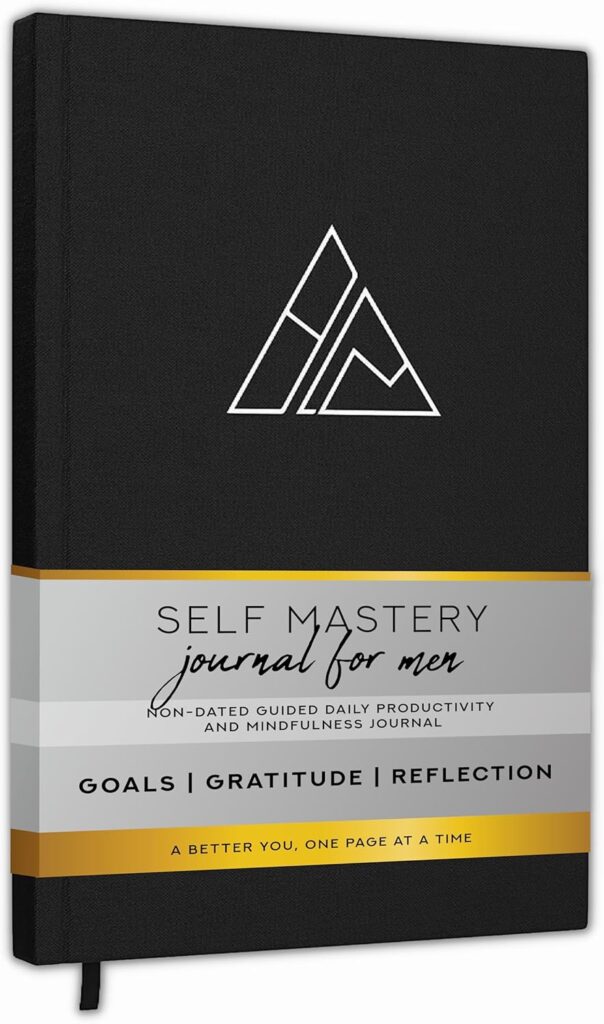
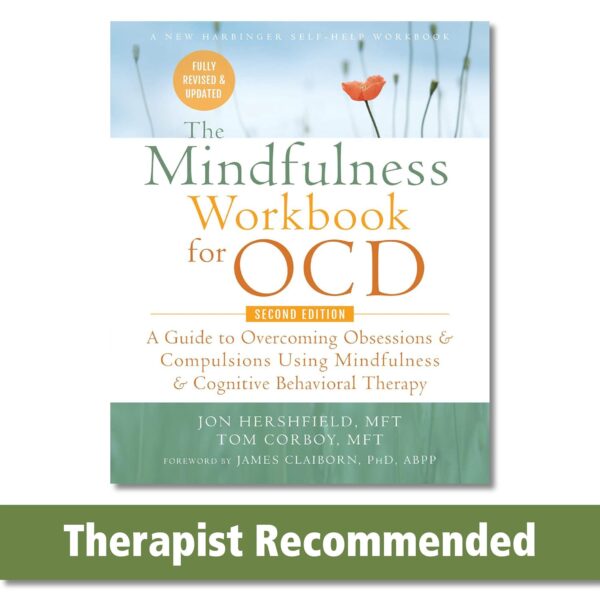
Ashley –
being delulu is not the solulu
This booklet is great – I bought it shortly after I was diagnosed with OCD and you can tell that proper education/training on OCD went into the writing of this. It’s helpful to open this up when I’m ruminating a lot because it directs me in a way that I’m not always able to direct myself. Using a blank journal (for me) can sometimes run the risk of entrenching me further in an obsession so I like this. It not only provides exercises but education as well and it acknowledges the nuance of OCD by encompassing many different manifestations of it.
Robert W. McLellarn –
Excellent workbook for clients with OCD
I recently finished reading the book “The Mindfulness Workbook for OCD” by Jon Hershfield, MFT and Tom Corboy, MFT and I have to say I was quite impressed and have already started using many of their ideas with my current OCD clients (as well as clients with other kinds of anxiety disorders besides OCD!). Both authors clearly have a wealth of experience working with OCD and share a number of useful ideas, tips, and techniques in their book. Essentially, mindfulness is moment to moment nonjudgmental awareness of what is happening in your mind. When you start paying attention to what your mind is actually doing, it is really quite surprising how little of the time we really are present. So often we get lost in our thoughts, react to them without thinking, and get caught up in our thought streams which can take us into some very dark and scary places which are very far from the present moment. And this entire process takes place without us being aware that it is happening – we may not be aware that we have a choice to not pay attention to our thoughts and see then for what they are as just “thoughts” and simply not respond. As one develops the ability to be more mindful it is possible to notice these things happening and the very noticing then gives us the possibility of making a different choice. If, after touching a doorknob, I suddenly feel the urge to rush to the bathroom and wash the germs off my hands, I can mindfully be aware that I’m having thoughts about my hands being contaminated but also since I am now more aware I can make a choice to either do what I’ve always done, rush to wash my hands, or I can make a choice in the moment to stay with the discomfort and see what happens. Mindfulness allows me to be aware of the “automatic pilot” and to disengage from what may have become long-standing habits of responding to discomfort by seeking immediate relief. The authors also certainly incorporate more traditional Cognitive Behavioral Treatment approaches such as Exposure and Response Prevention and cognitive restructuring, but they add to our clinical repertoire these new techniques derived from mindfulness which I think only serve to enhance the effectiveness of these more traditional approaches. The book begins with several chapters on mindfulness, followed by a very useful chapter entitled “Acceptance, Assessment, Action”, then there are nine chapters on applying their particular techniques to specific kinds of OCD, and finally a few chapters at the end on maintaining your progress and preventing relapse. I highly recommend this book to anybody who is suffering from any form of OCD, and, in fact, anyone suffering from other types of anxiety as well as I believe the
Emma Roush –
Complete, sympathetic, and interactive
This process isn’t easy, especially if you are attempting self-help. Friends and family and fellow sufferers on forums online can definitely support you and help you feel less alone, but sometimes, it’s nice to have a professional who understands. Not every self-help book is helpful; you cannot relate, the techniques are rough, or the author is very distant from your suffering. You wish you could find someone who sympathizes- or better yet, empathizes- with all the nuances of the daily struggle you face.That is what you will find in this book. It is easy to digest, separated into three distinct parts: An introduction to mindfulness, a section of how your techniques apply to the different faces of OCD (harm-O, sexual orientation OCD, POCD, and many others), and a section on how the disorder affects your life and how you can communicate this to others.The author understands you; no joke. Everything is detailed down to how and why it will help you out. They know it’s hard. They know exactly what you’re thinking, what you may be reluctant to do, what you’re afraid of. You are prompted to write your thoughts, fears, and little mindset-changing sentences all throughout the workbook. You might not feel comfortable, but they know. You feel understood, and that’s the important thing.The book includes a collection of online and further book resources alongside their main features and how they can help you build upon what you have learned.I cannot recommend this enough.
Lindsey D. –
Helps with OCD with editing that invokes every compulsion I have
The content is good and it’s one of those rare books that actually addresses the manifestations of OCD beyond physical compulsions, including dealing with intrusive thoughts and some of the more taboo brands of OCD. I felt that it was a bit generic, however, and that beyond the explanations of the ways OCD manifests itself, it’s really just a mindfulness workbook with little factoids about OCD.I think this book would be effective for someone just starting out on their therapeutic journey and/or for someone who can’t afford a therapist, but it doesn’t hold any secrets that you won’t come across by googling “mindfulness” and “OCD” together.
Amazon Customer –
Great reference book
Another great read for anyone battling OCD.
Eric –
OCD is so complicated
This book has helped me in so many ways. I love being able to learn about this condition because knowledge really is power. All the techniques he talks about in this book are very helpful. I would highly recommend this book to anyone suffering from OCD.
Anon Mous –
I love how insightful this book is.
Riku Ruotsalainen –
Helps keep me on track with exposure therapy.
John Richart Schabarum –
Ótimo livro para entender abordagem Mindfulness para tratar o TOC. Os autores faze uso de metáforas para ajudar a descrever os conceitos que permeiam o Mindfulness, embora o livro se destine a quem já tem prévio de outras abordagens de tratamento para o TOC, como a Terapia Cognitivo-Comportamental, por exemplo. Sem falar no passa-a-passo do self-help que é muito didático.
Dr. Paul Kelly, Psychologist –
This is the most comprehensive book I have found about using mindfulness techniques to help people control OCD symptoms. I also recommend Brain Lock but this book is probably better for people with more severe OCD symptoms. I am a psychologist in Toronto at The Mindfulness Clinic and i want my patients to learn useful techniques, to understand why the techniques work, and to be able to use the techniques when the going gets tough. This book is written by someone who is very experienced with treating people with OCD. This book has given me many useful tips on how to help my patients from a mindfulness perspective. It is a great resource for people with OCD – whether they are working on getting control on their own, or whether they are working with a therapist for support and coaching.
Katie D –
As a sufferer of OCD I’d recently lapsed again due to a significant bereavement. Whilst I have been receiving cbt treatment , I wanted a book that would focus specifically on OCD. After seeing Jon on a you tube video for ‘OCD stories’, I felt as though he really understood the nature of OCD and so bought his book.I’d pretty much thought I’d exhausted most of ocds more common themes yet I became highly distressed at the thought of a certain song coming into my head. I panicked and fought so hard to rid the lyrics. At the same time I also became obsessed with ringing noises or noises that were high pitched. I questioned whether this was ocd or if I was going mad (which usually means it’s OCD! ). When I received the book I was amazed to see these types of obsessions listed. Jon talks about ‘loud thoughts’ which is exactly the term I was using to my therapist to articulate how they felt. I’ve started to make real headway with these obsessions now. The songs don’t bother me at all now and I’m over the ear thing!I have had a new obsession regarding ‘the meaning of life’ which I believe some refer to as exestential OCD. I never thought this one would bother me but it has. Whilst it’s not covered in the book I’m starting to work with my therapist around ERP and script writing in order to habituate to these awful thoughts and feelings.The mindfulness element I find incredibly useful. I think in the past this is what I had been doing but not recognising it as being ‘mindful’. Accepting you had an awful thought and awful feeling yet carrying on with my day without dwelling on it was how I pulled myself out of previous obsessions. This is essentially what this book helps you to do. To pull yourself back to the present and let the thoughts be.This is still something I’m trying to master but do feel like progress is being made. What is useful about this book is that it is written in a way that really resonate’s with sufferers. It covers a lot of the main obsessions including relationship OCD, pocd, harm, contamination and sexual orientations OCD.As someone with a short attention span I like a book to be to the point. This is exactly that with really good exercises that aren’t dragged out. You don’t feel like you are reading war and peace like some books.I’ll will be (and have been) recomending this book to my OCD friends 😊